10 Things That Happen When You’re Raised by Asian Immigrant Parents
You don’t always notice the habits you picked up until you’re surrounded by people who didn’t grow up the same way. When you’re raised by Asian immigrant parents, everyday routines take on a different shape. These patterns showcase values built on discipline, practicality, and cultural memory.
Grades Were a Measure of Your Effort
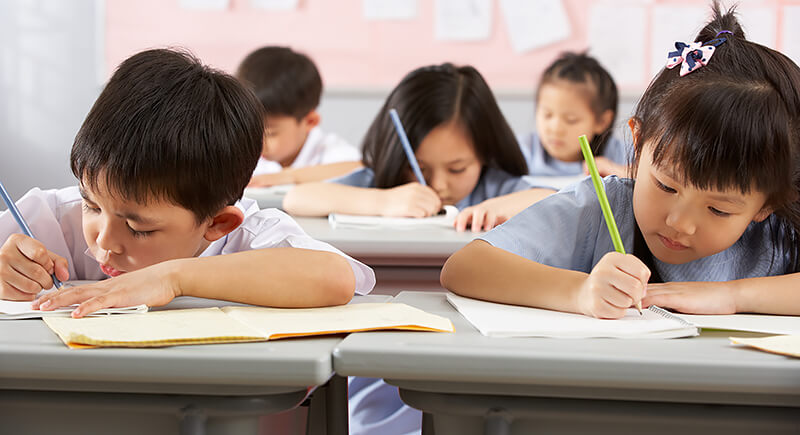
Credit: iStockphoto
Getting good grades was seen as the bare minimum. Asian immigrant parents believe that education is the clearest path to economic stability, especially after starting over in a new country. That’s why academic performance was required to represent discipline, future choices, and family reputation.
Language Classes Filled the Weekends
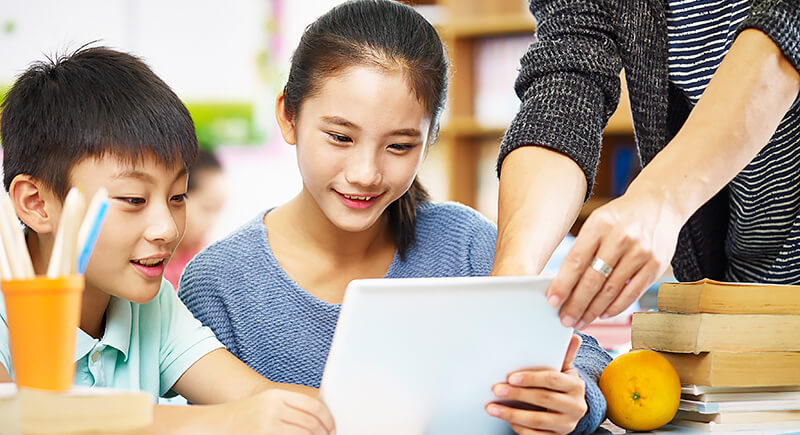
Credit: iStockphoto
In addition to regular academics, your parents enrolled you in weekend or evening classes to learn their native tongue. These programs often ran through local cultural centers or community schools, with curricula focused on reading, writing, and conversational fluency. Lessons included grammar drills, oral recitations, and essays.
Hotel Toiletries Never Went to Waste
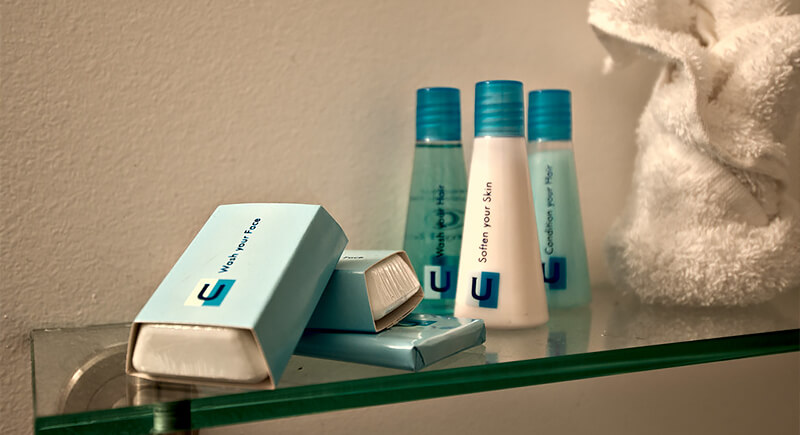
Credit: flickr
It was normal for adults to gather the unopened hotel toiletries before checking out. Small items like shampoo, soap, and lotion disappeared from the bathroom counter and reappeared in drawers at home. They were considered part of what had already been paid for.
Rice Cookers Were as Common as Refrigerators
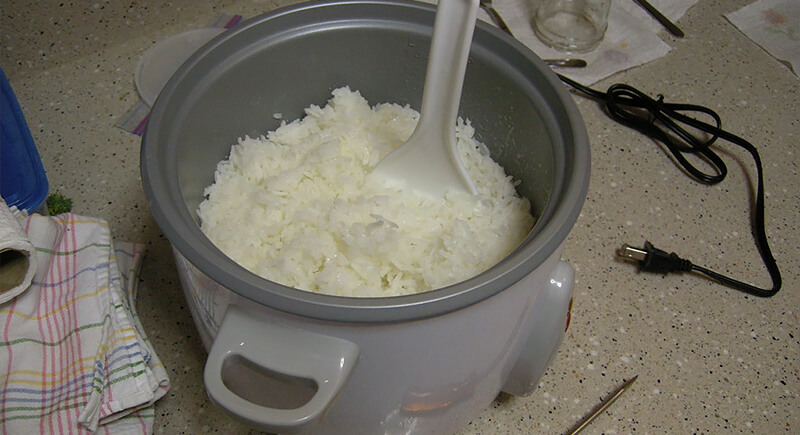
Credit: flickr
Almost every home had a rice cooker running multiple times a day. Rice is a staple in many Asian cultures, and the tradition goes back centuries. You likely learned how to rinse and cook it before boiling pasta. That rice cooker followed you into your first apartment, and you still stock jasmine or glutinous rice without thinking twice.
Tiger Balm Was the Go-To Fix for Pain
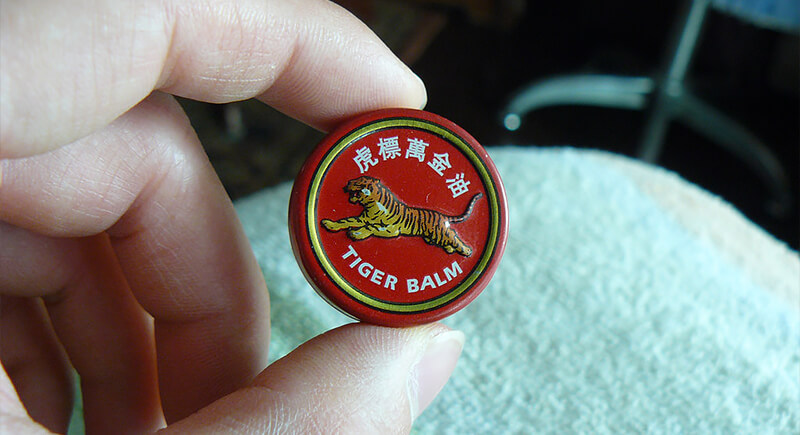
Credit: flickr
Before you reached for aspirin or Tylenol, you opened a small jar of Tiger Balm. Your parents swore by it for headaches, congestion, muscle pain, and even mosquito bites. This practice came from Chinese medicine passed down through generations. The strong menthol smell might have seemed overpowering, but you eventually associated it with healing.
Weekly Sales Shaped Your Shopping Habits

Credit: flickr
Watching your parents circle items in weekly flyers taught you that shopping started prior to reaching the store. They tracked discounts, compared unit prices, and bought in bulk when the math worked. This mindset is reflective of broader trends—Asian American consumers spend about 33% of their grocery budget on promotions, compared to 27% among non-Asian shoppers.
Plastic Bags Were Everywhere
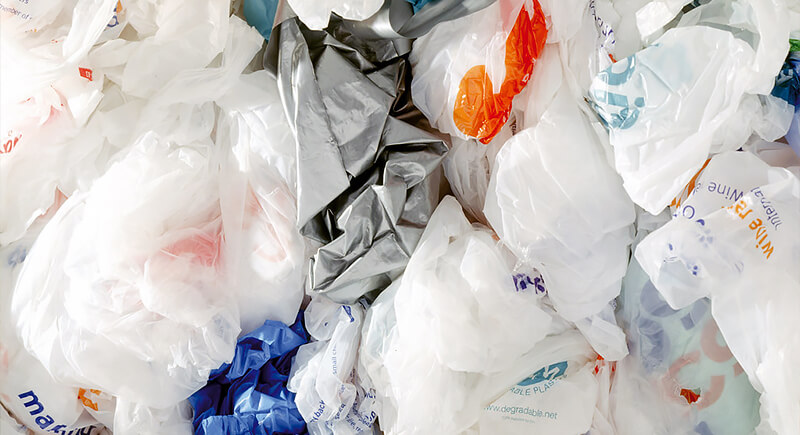
Credit: flickr
Saving plastic bags meant preparing for every small mess or spill. You used them to line trash bins or pack leftover food. The habit took hold during years when families stretched every resource. Buying trash bags felt wasteful when grocery bags worked just as well.
Remotes Required Protective Wrapping
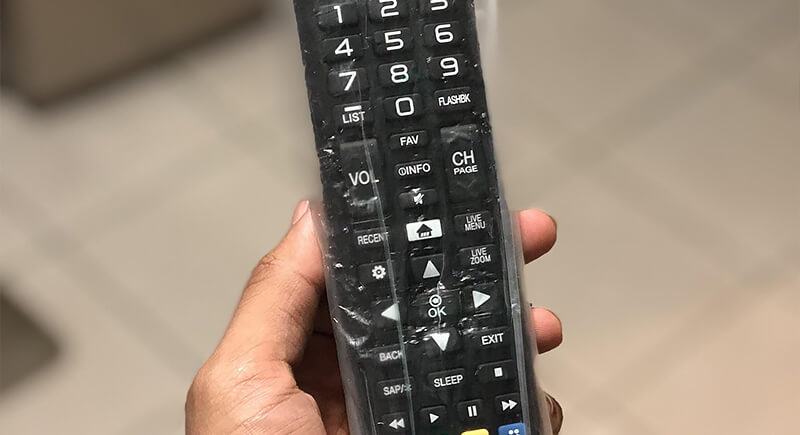
Credit: Reddit
As soon as a new remote came out of the box, your parents wrapped it in plastic. Leaving it exposed was careless and disrespectful to something that should last. If dust or food residue built up, you’d be told to clean it right away. That same expectation extended to other devices—no buttons went unprotected.
You Referred to Adults as Auntie or Uncle
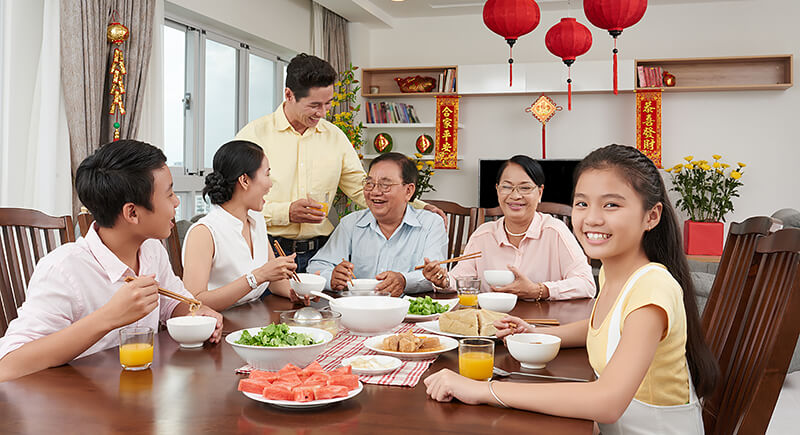
Credit: iStockphoto
The titles of Auntie and Uncle reflected cultural norms rooted in collectivism and community-based respect. It created an immediate sense of familiarity and formality, especially in large social gatherings. First names felt too casual, especially when addressing someone older.
Guilt Was Used to Teach Gratitude

Credit: iStockphoto
You may remember being taught lessons through lectures when you asked for permission to go out after the curfew or refused to eat Brussels sprouts for dinner. Parents spoke about leaving familiar lives, working long hours, and building from nothing. The message stayed consistent: effort was the least you could offer in return.
Outdoor Shoes Stayed at the Door
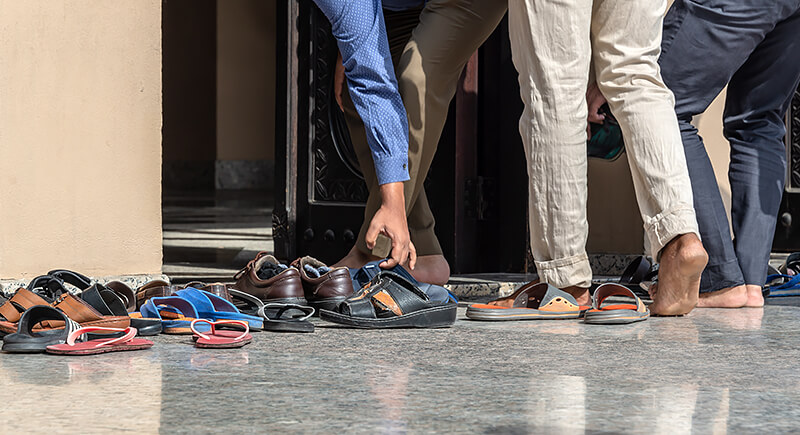
Credit: iStockphoto
Leaving shoes at the entrance started as a rule and quickly became instinct. Floors were meant to stay clean, and outdoor soles carried in dirt, dust, and germs that didn’t belong inside. You kept house slippers nearby and placed worn shoes in a designated spot. The expectation applied to everyone—family, friends, and guests alike.
Badminton And Table Tennis Took Priority
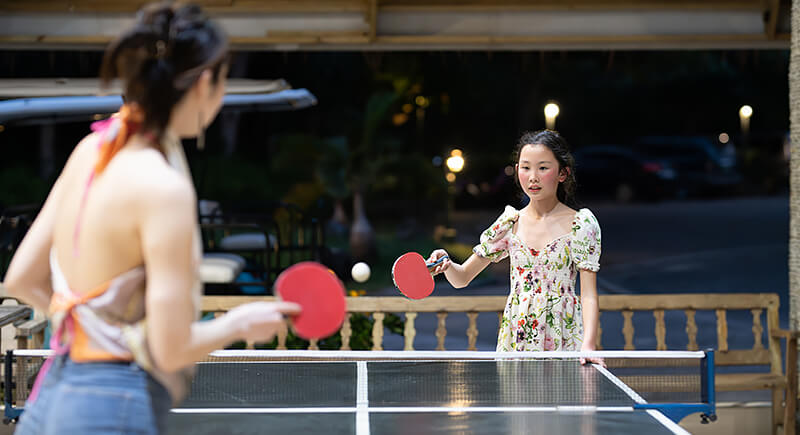
Credit: iStockphoto
While other kids practiced soccer or baseball in open fields, you picked up a badminton racket or table tennis paddle at home. These sports needed minimal space and simple equipment, which made them perfect for apartment living or small backyards.
Practicing An Instrument Was Required
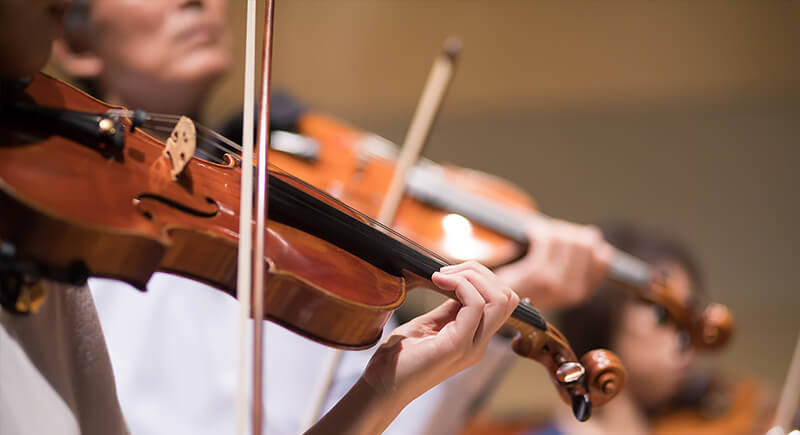
Credit: flickr
Formal music training is common in Asian households, especially among first-generation immigrant families. Piano and violin lead the list due to their association with discipline and academic benefit. This is why lessons were likely not optional for you. Daily practice involved repetition, correction, and recital preparation.
Dishwashers Became Drying Racks, Not Cleaners
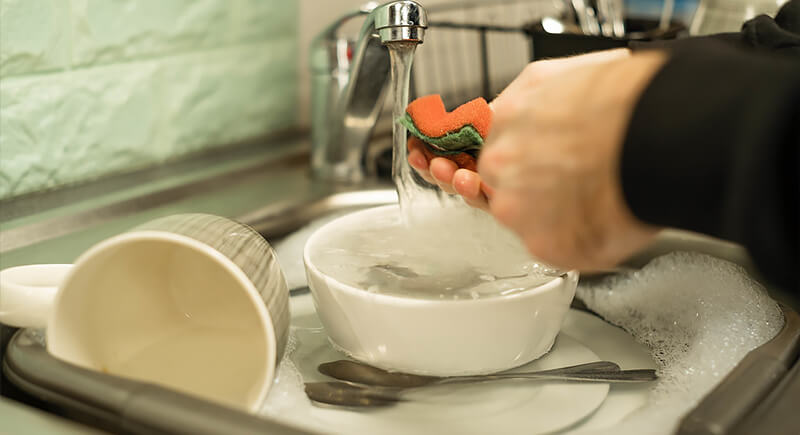
Credit: flickr
In your house, the dishwasher stored clean dishes, not dirty ones. Most Asians believed hand-washing was more thorough, even if studies show modern machines use as little as 3 to 4 gallons per load, compared to up to 27 gallons by hand. That didn’t stop your parents from making you scrub, rinse, and stack everything to air dry inside the machine.
Comments About Your Appearance Were Common
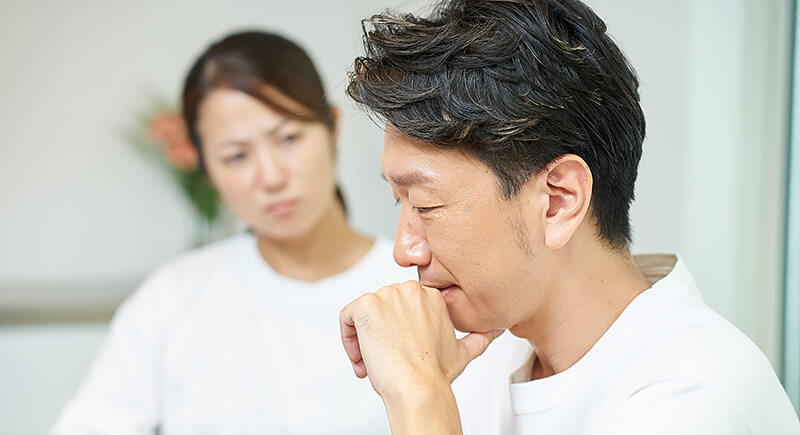
Credit: iStockphoto
Hearing blunt remarks about your appearance was part of everyday life. If you looked heavier, tired, or had skin issues, someone mentioned it immediately. The intent was to correct, not to offend. Still, it made you self-conscious. Many children raised this way grew cautious about their appearance, unsure how to take compliments seriously.